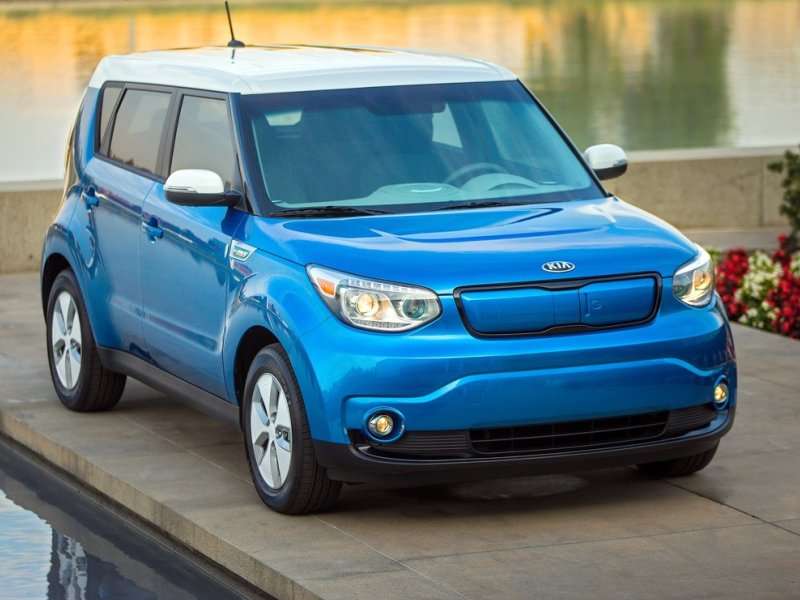Recent Articles
Popular Makes
Body Types
Next-gen Kia Hybrid System Showcases Lead-Carbon Battery
New Chemistry Could Re-energize Hybrid Marketplace

Kia is making an aggressive bid to become a bigger player in the hybrid marketplace, introducing a new hybrid propulsion system that leverages a potentially major advance in battery chemistry: While most of today's top hybrids rely on fairly expensive and tricky-to-recycle lithium-ion batteries, the new Kia setup features a 48-volt lead-carbon battery that's based on the traditional lead-acid units already used throughout the auto industry. In fact, the essential difference is just the addition of some key carbon components that are integrated within a battery's negative electrode—although, to be sure, the R&D process was more complicated and time-consuming than it sounds here.
Now, at this stage, Kia hasn’t provided many details about the system ahead of its debut next month at the Geneva Motor Show. But one particularly notable point is that the brand does claim the lead-carbon battery will be powerful enough to "drive a car in electric-only mode at low speed and while cruising"; most experts had previously expected the new chemistry to first appear on "mild" hybrids, but that kind of EV power sounds fairly robust.
Also, Kia describes the lead-carbon battery as able to supply energy to "an electric supercharger" for a burst of torque while the vehicle's internal-combustion engine is still revving up. As you might have guessed, the battery is still recharged via regenerative braking, and further enables stop-start functionality for an added dose of economy.
Backers of lead-carbon batteries report that they offer improvements over their lithium-ion counterparts in just about all measures of performance, including reliability, recharging, safety, maintenance and cost, but the key difference-maker has to do with recyclability. Yes, lead is more dangerous to folks than lithium, but there is an established, highly effective structure in place to support recycling car batteries, which, according to the EPA are the most recycled products in the United States. Plus, the lead used in a typical new auto battery, as well the plastic, are themselves made from 60- to 80-percent recycled materials.
It’s also worth pointing out that the supply chain for lead is much more robust than it is for lithium and the rare-earth elements often used in typical hybrid battery packs.
Finally, just to be clear, it’s only the hybrid hardware here that will be on display in Geneva, and the system won’t appear integrated within an actual vehicle.